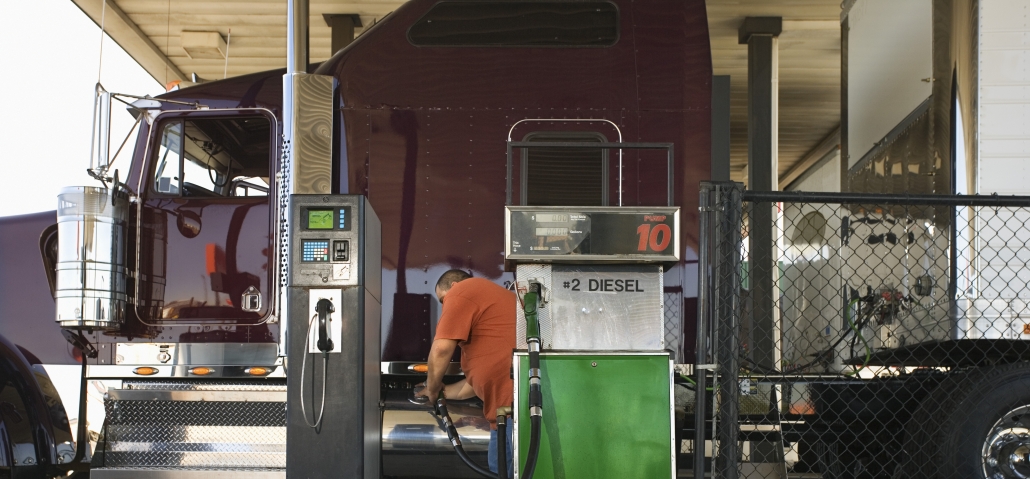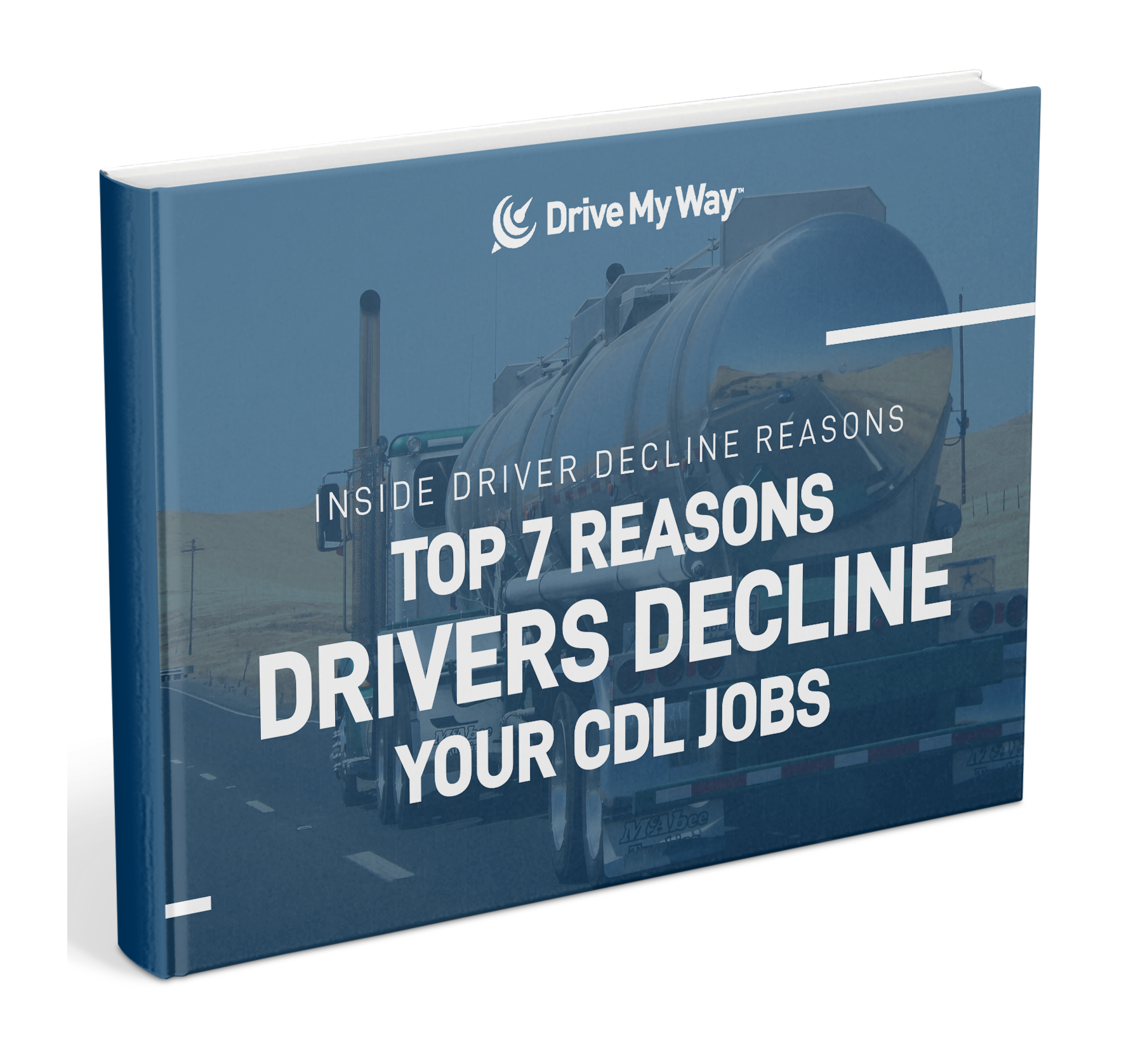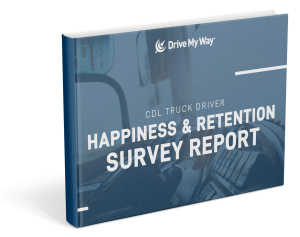
In the competitive trucking industry, carriers face significant challenges in attracting and retaining qualified drivers.
With the ongoing driver shortage and increasing demand for freight services, a robust and competitive compensation package has become a cornerstone for companies aiming to build a reliable workforce.
Keep reading to explore why competitive compensation matters, and how it can improve your recruiting and retention efforts.
- Addressing the Driver Shortage
The American Trucking Associations (ATA) reports that the driver shortage continues to affect the industry, with an estimated need for tens of thousands of new drivers annually.
Offering compensation that stands out from competitors signals a carrier’s commitment to valuing their workforce. Competitive pay can make your company more attractive to job seekers and encourage experienced drivers to choose your fleet over others.
- Retaining Experienced Drivers
High turnover rates remain a pressing issue for trucking companies. Drivers often cite inadequate compensation as a top reason for leaving their positions, including our 2023 Truck Driver Happiness Report.
A well-structured compensation package, complete with competitive wages, bonuses, and benefits, reduces turnover by incentivizing drivers to remain with your company long-term.
- Boosting Job Satisfaction and Productivity
Drivers who feel adequately compensated are more likely to exhibit higher levels of job satisfaction.
This satisfaction translates into better performance, improved safety records, and increased reliability. Compensation isn’t just about paychecks; it’s about recognizing the value of the essential work drivers perform daily.
- Meeting Drivers’ Financial Needs
Increased living costs and economic pressures mean drivers are looking for employers who understand their financial realities. Competitive compensation ensures that drivers can meet their financial goals, whether saving for their families, covering operational costs as owner-operators, or investing in their futures.
- Enhancing Your Company’s Reputation
Word-of-mouth and online reviews play a crucial role in the trucking community. Offering competitive compensation improves your company’s reputation, attracting new talent through positive referrals and maintaining trust within the driver network.
Components of a Competitive Compensation Package
To effectively recruit and retain drivers, carriers must offer more than just a base salary. Here are key elements to include:
- Base Pay: Competitive hourly, mileage, or salary rates that reflect industry standards and geographic variances.
- Bonuses: Performance-based bonuses for safety, fuel efficiency, or tenure to reward excellence and loyalty.
- Health Benefits: Comprehensive medical, dental, and vision coverage to provide drivers with peace of mind.
- Retirement Plans: 401(k) options or similar plans with company contributions help drivers plan for their futures.
- Paid Time Off: Offer vacation days, sick leave, and personal days to support work-life balance.
- Incentive Programs: Programs like referral bonuses, wellness initiatives, and profit-sharing can further motivate drivers.
- Perks: Reimbursement for certifications, paid training programs, or allowances for meals and lodging during hauls.
Strategies for Implementing Competitive Packages
This step is critical according to Leah Shaver, President and CEO of The National Transportation Institute,
- Benchmark Industry Standards: Regularly review industry reports and competitor offerings to ensure your packages are competitive. Shaver cautions, “Aggregating a number based on the pay that fleets market in their job ads isn’t benchmarking data, and it’s not a realistic picture of what drivers are actually being paid—and thus isn’t indicative of how pay has changed or how you should establish your fleet’s compensation schedules. It’s simply not a reliable number for actual wages or paid income.”
- Engage Drivers for Feedback: Use surveys or meetings to understand what matters most to your drivers regarding compensation.
- Communicate Clearly: Be transparent about pay structures, benefits, and opportunities for bonuses during the recruitment process and beyond.
For more advice to stay ahead of the curve in today’s transportation industry, be sure to check out the rest of our Employer Blog posts and connect with us on social media.


 Medical benefits, life insurance, retirement benefits, and disability insurance
Medical benefits, life insurance, retirement benefits, and disability insurance  Learning and development offerings are a wealth of opportunities for drivers. Many potential employees will be particularly excited to find a company that supports their professional growth. Whether you offer compensation for educational assistance programs or regularly facilitate
Learning and development offerings are a wealth of opportunities for drivers. Many potential employees will be particularly excited to find a company that supports their professional growth. Whether you offer compensation for educational assistance programs or regularly facilitate  “The culture of a family owned business that values their people, treats them with respect, and works well together as a team is what makes us successful and provides a more positive experience for the driver. We have late model equipment, high quality shops, and a great customer base, but in the end it is people that make it all work.”
“The culture of a family owned business that values their people, treats them with respect, and works well together as a team is what makes us successful and provides a more positive experience for the driver. We have late model equipment, high quality shops, and a great customer base, but in the end it is people that make it all work.”





